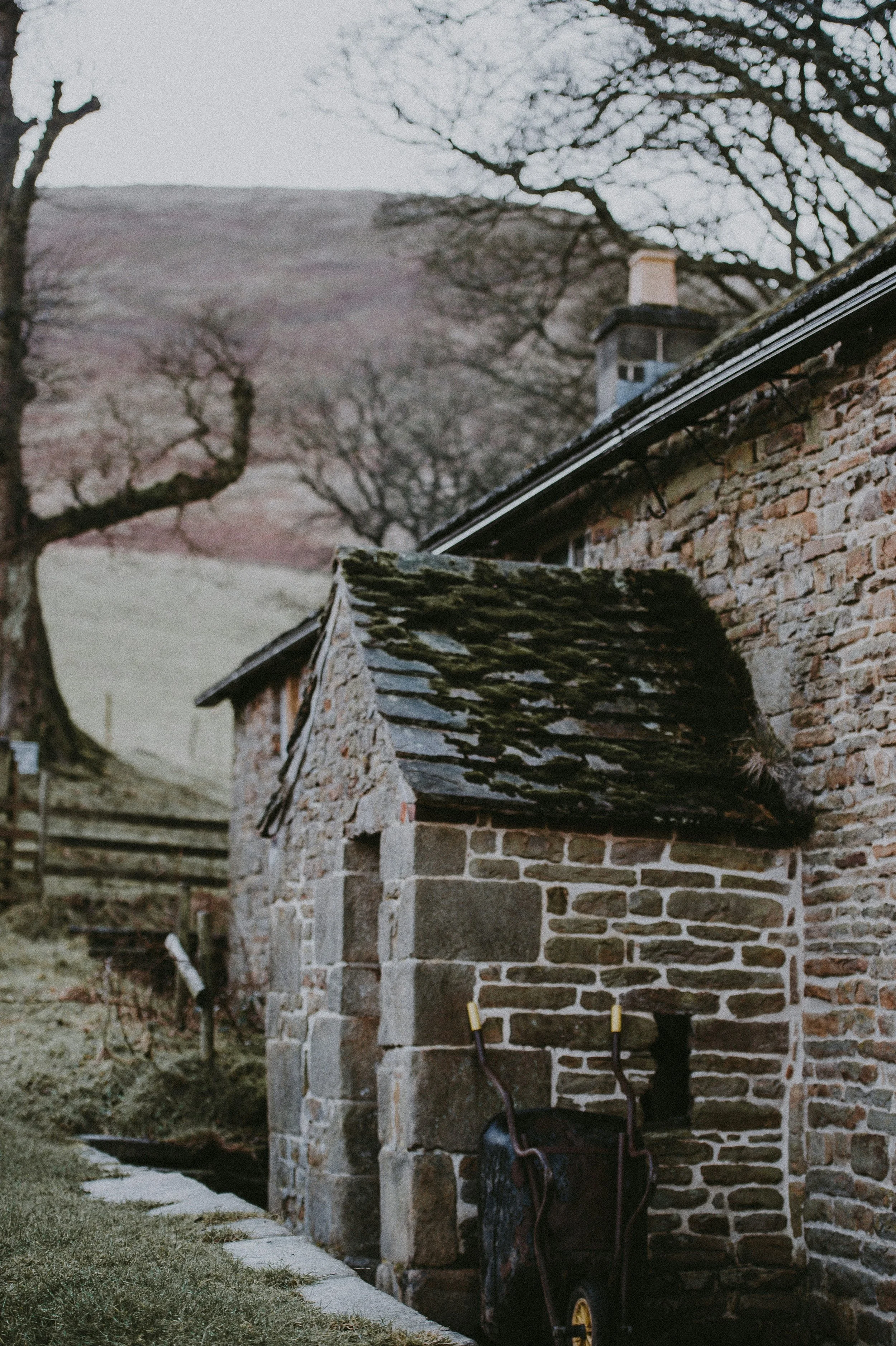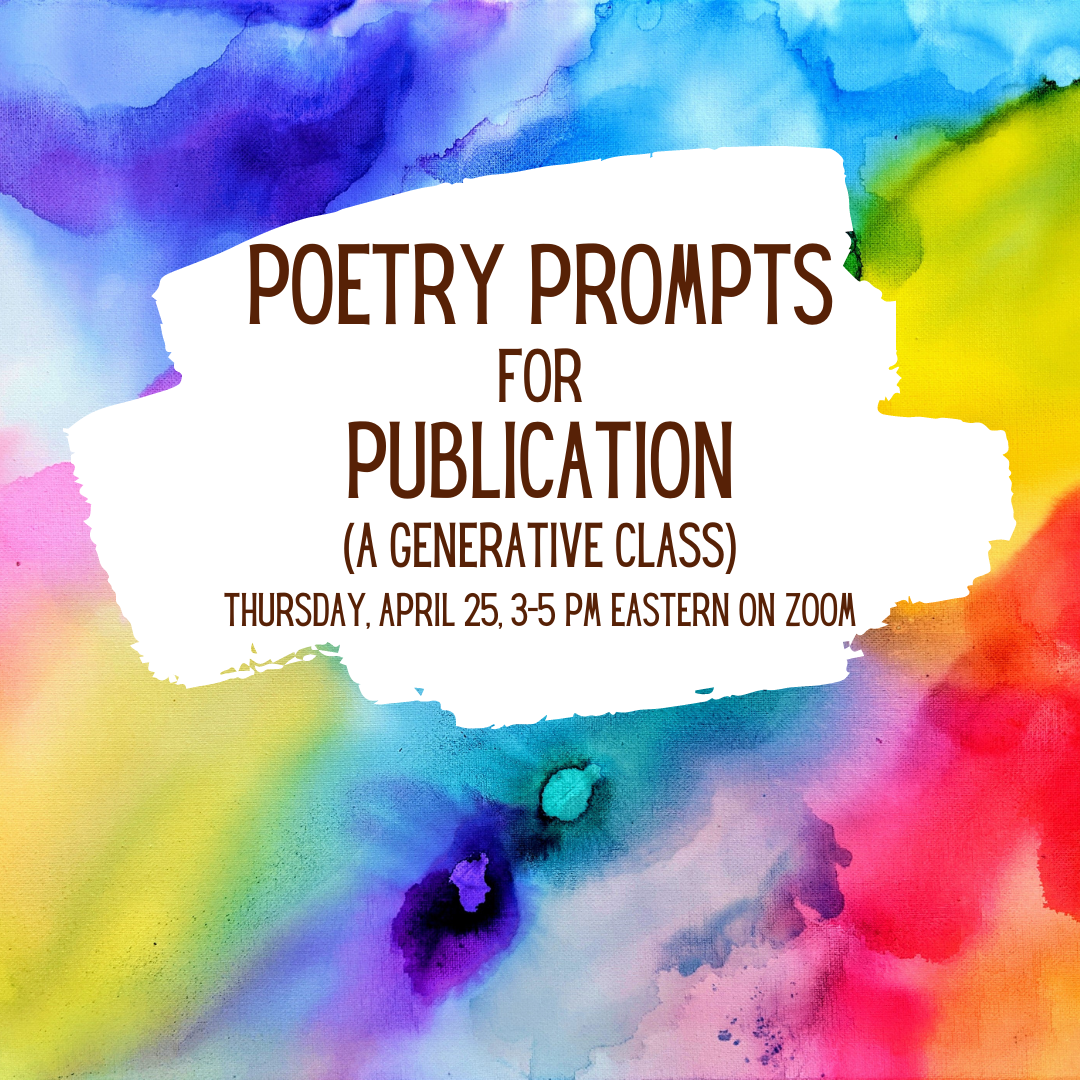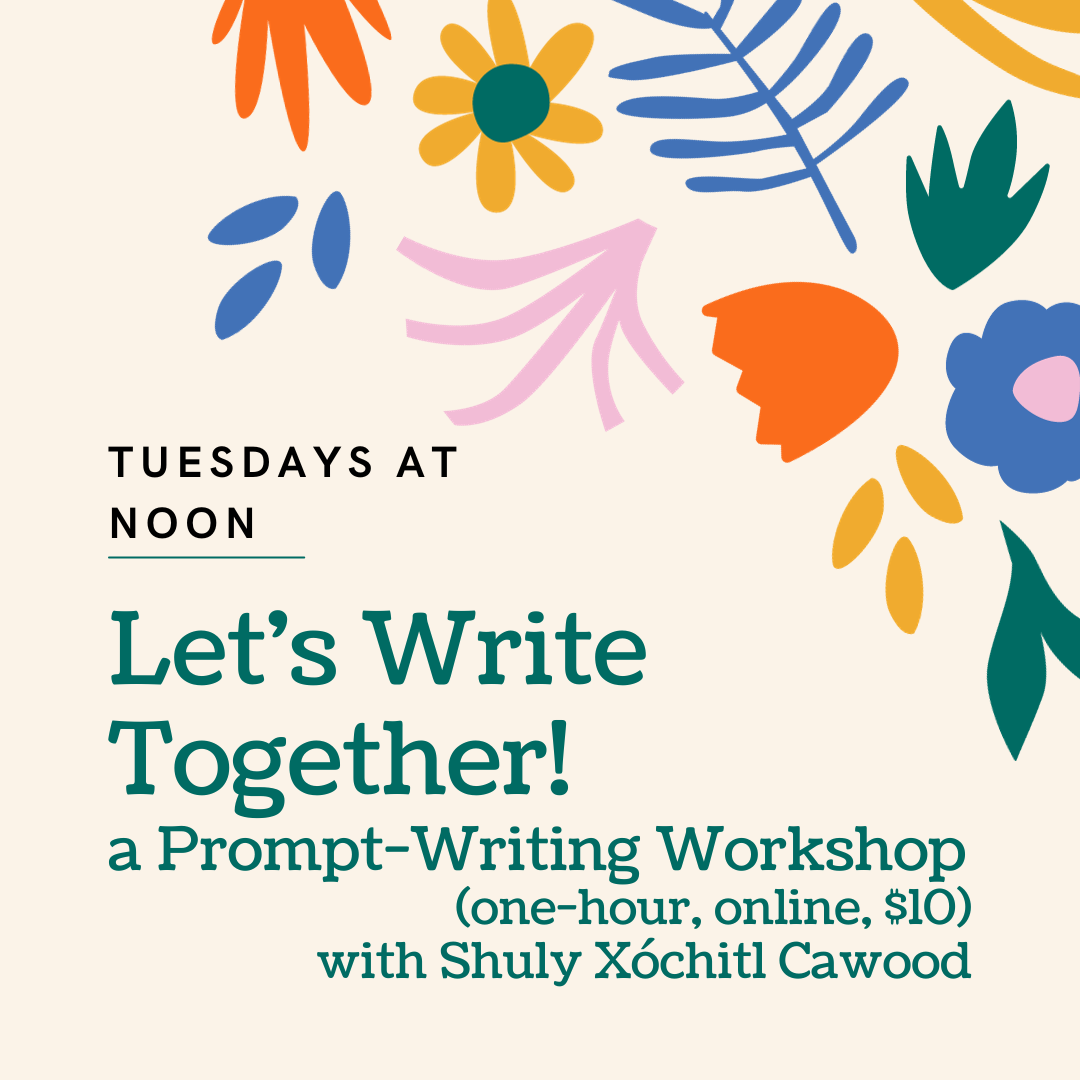My husband I flew out of state on business last week. On the plane, I got seated in the middle, my husband next to the aisle. It was a sold-out flight, so a woman eventually turned up and pointed to the window seat, indicating it was hers. My husband and I got up and let her in.
I avoid the window seat because I don’t like being boxed in. “Just so you know,” I told her, turning to her with a smile, “I love standing up, so please don’t hesitate to let us know if you need to get up. We are happy to.”
“I won’t be getting up,” she said. No smile, no turning to me. She stared straight ahead. “I never get up.”
Okay, then, I thought. Her body language was clear: I don’t want to talk to you. Leave me alone.
I like introducing myself to my seatmate and finding out why they are going where they are going. I do like chatting—but only for a few minutes, and then I want my quiet time. But she couldn’t know that. I am sure my chirpiness irritated her. I took the cue and didn’t say another thing. You don’t want to interact? I thought. No problem. I thought about how people can be so grumpy and unfriendly, and I got on my small but high horse.
As the flight began and the plane soared into the air, I took out my sketch pad and Sharpie pen and started doodling. The minutes ticked by, and I was deep in my drawing, creating a strange tree with leaves and flowers.
“That’s pretty,” my seatmate said, nodding toward my doodle. Her eyes met mine.
I had to pull the reins on my high horse. The horse whinnied but stopped.
My seatmate and I began talking. We began a conversation about her trip to see her grandchild, how much she missed him and how much he missed her. We talked about my doodling and why I do it—as a way to relieve stress—and I told her about how I always believed I was incapable of drawing, until I opened a door and allowed for the possibility that I could walk through. And then I did. I told her how it didn’t matter whether I was good at drawing; it was only important that I try. She told me about how once she retired she decided to try and learn something new every single year. One year it was gardening; another, knitting. It inspired me—she inspired me. Here was someone who wanted to push themselves out of their comfort zone every January and for the next eleven months.
We didn't talk that long, maybe five or ten minutes. Then she went back to her quiet time, and I did too. We both wanted that. But there was a gentleness between us now. A softness.
I’ve thought about that interaction more than once since I deplaned. I’ve thought about how sometimes I make assumptions about people, about how sometimes people make assumptions about me, about how often we are all wrong. I wonder how often I misread people and never find out I did.
I’ve thought about how judgey I was, how judgey I can be, but I’ve also realized that I don’t have to stay believing that about myself. I can be different. Each of us has the capacity to open a door, and then to have the courage to walk right through.
Photo credit: Sasha Freemind from Unsplash.com







